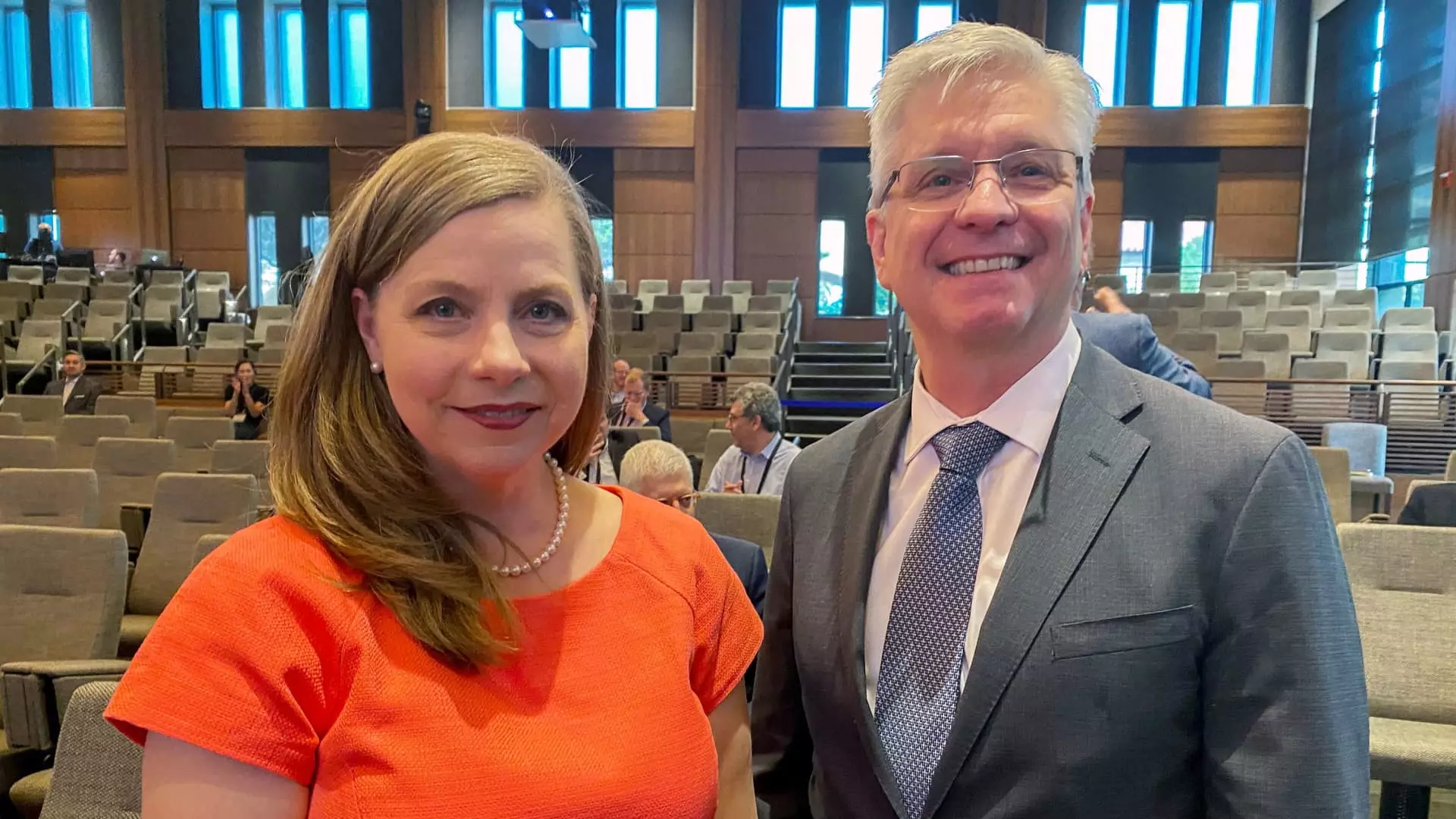The recent resignation of Michael Barr from his position as Vice Chair for Supervision at the Federal Reserve has opened the door to a potential relaxation of regulations impacting the U.S. banking sector. As banks find themselves in a period of optimism following the 2024 elections, the development signals a significant realignment in regulatory oversight that may favor the financial industry. The sudden departure of Barr, who opted to leave his role to avoid a legal battle with the Trump administration, creates an opportunity for the appointment of an official who may be more aligned with pro-business interests.
Michael Barr’s resignation represents a critical turning point for the Federal Reserve’s regulatory landscape. His role, which he had anticipated serving in for a longer duration, is now abruptly cut short, approximately 18 months before he had originally planned to step down. This shift not only allows for the possibility of a new regulatory vision under the incoming appointment but also marks a distinct reevaluation of the banking regulations put in place during the previous administration. Barr’s move comes in light of reports that the Trump administration considered pursuing his removal—a clear indication of the escalating tensions over regulatory policies in the banking sector.
Barr’s exit from the Vice Chair role can be seen as a strategic withdrawal to avoid protracted conflict, paving the way for a replacement who may adopt a more accommodating regulatory approach. As banks have expressed concerns over stringent oversight, a new appointee could signal a more favorable environment for financial institutions. The potential shift comes at a time when banks are keen on capitalizing on post-election prospects of deregulation, especially with Trump’s administration indicating alignment with less regulatory burdens.
In the wake of Barr’s departure, speculation is rife concerning who will step into the role of Vice Chair for Supervision. Among the leading candidates is Michelle Bowman, a former community banker with a history of questioning the rigorous proposals advocated by Barr, particularly the Basel III Endgame—a regulatory framework designed to enhance capital requirements for banks. Bowman’s prior stances suggest that her appointment could lead to significant alterations in the regulatory approach towards capital requirements. Bank officials are optimistic that a shift in leadership may alleviate some of the pressures imposed by tighter regulations and bring about reforms viewed as “industry-friendly.”
Bowman’s critical stance on the Basel III proposals reflects a broader sentiment within the banking industry that advocates for regulations that are more cognizant of the unique characteristics of the U.S. banking framework. If appointed, she could likely prioritize reforms that streamline processes such as bank examinations and stress tests, which have often been described as convoluted and time-consuming. These changes could translate into a more streamlined regulatory process, fostering a climate conducive to growth and expansion.
The arrival of a new Vice Chair dedicated to easing regulatory constraints could substantially reshape the contours of banking regulations in the U.S. Current speculation points towards a version of the Basel III Endgame that is far less demanding on capital requirements, favoring policies that would allow banks to retain more capital for shareholder returns, such as buybacks and dividends. Analysts assert that the possibility of a revised, more lenient Basel III framework under a new regime symbolizes a potential win for banks seeking to enhance profitability while maintaining operational fluidity.
The market has responded positively to these changes. Following Barr’s resignation, bank stocks surged, indicating investor confidence in a future marked by reduced regulatory apprehensions. Key players such as Citigroup and Morgan Stanley emerged as significant gainers, underscoring the collective optimism within the financial sector regarding a potential relaxation of regulatory pressure.
While Barr remains a governor on the Federal Reserve Board, his resignation as Vice Chair opens a pathway to a potentially more favorable regulatory environment for U.S. banks. As the industry awaits Trump’s appointment of a new Vice Chair, the landscape of financial regulation appears poised for transformation. Should Bowman or another similarly-minded candidate be selected, banks may find themselves navigating a landscape significantly characterized by more lenient regulation—a marked departure from the stringent supervisory framework that has defined recent years. The anticipation surrounding this transition reflects a larger narrative of the ongoing dance between regulatory oversight and industry interests, and the evolving dynamics of power within the nation’s financial architecture.

